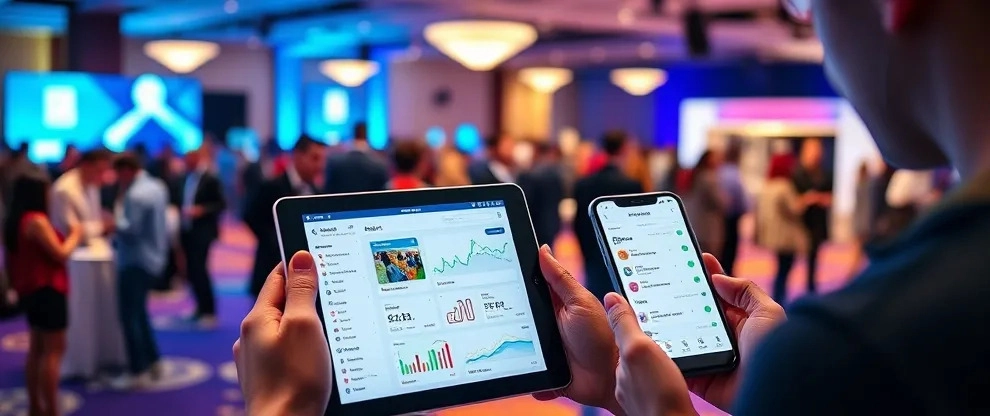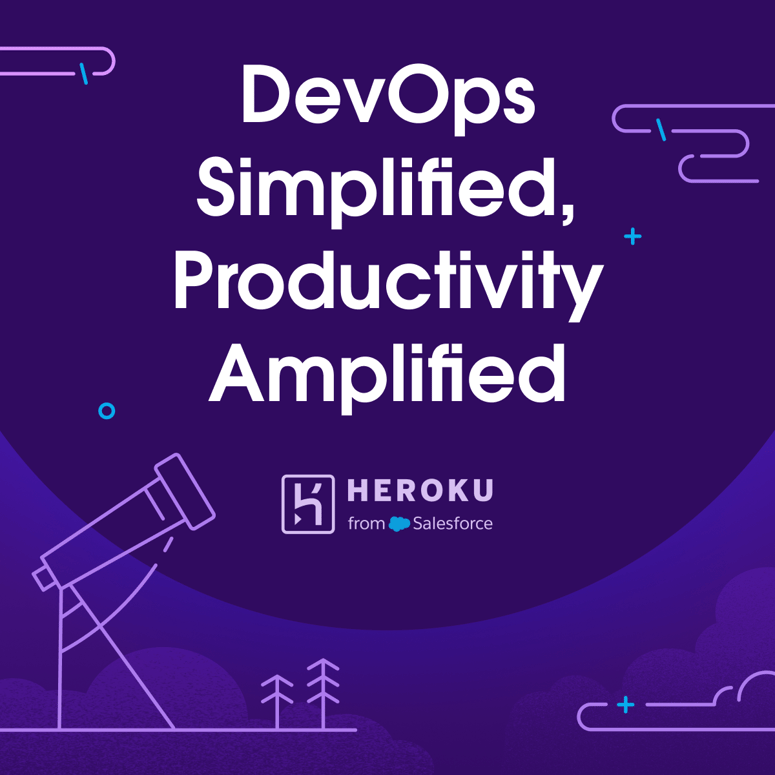The event industry has evolved significantly over the past decade, with technology playing a pivotal role in reshaping how events are planned, managed, and executed. One of the most impactful innovations in this space is the rise of event planning apps. These apps have streamlined the event management process, reduced manual effort, and enhanced overall efficiency.
From automating tedious administrative tasks to improving attendee engagement and providing real-time analytics, event planning apps are revolutionizing the industry. Whether it’s a corporate conference, a wedding, or a large-scale music festival, event planners are now relying on technology to simplify processes and deliver seamless experiences. This article explores how event planning apps are transforming the event industry and driving a new era of innovation.
1. Streamlined Task Management and Collaboration
Event planning involves juggling multiple tasks, from coordinating with vendors to managing guest lists and ensuring timelines are met. Event planning apps simplify this process by providing a centralized platform where teams can collaborate, assign tasks, and track progress in real time.
✅ Key Features:
Task automation with deadline reminders.
Shared workspaces for seamless team collaboration.
Real-time updates and progress tracking.
👉 Impact on the Industry:
With all event-related information available on a single platform, teams can eliminate miscommunication, improve coordination, and ensure that no task falls through the cracks.
2. Enhanced Guest List Management and RSVP Tracking
Managing guest lists manually can be overwhelming, especially for large-scale events. Event planning apps automate this process, allowing organizers to manage invitations, track RSVPs, and communicate with attendees effortlessly.
✅ Key Features:
Digital invitations with customizable RSVP forms.
Real-time attendance tracking and check-in features.
Guest segmentation for personalized communication.
👉 Impact on the Industry:
By automating guest management, event planners can focus on creating a better experience for attendees, ensuring smoother event operations.
3. Seamless Venue and Vendor Management
Choosing the right venue and coordinating with multiple vendors is a critical aspect of event planning. Event planning apps offer built-in vendor management tools that help organizers compare venues, negotiate contracts, and maintain relationships with suppliers.
✅ Key Features:
Venue search with availability and pricing information.
Vendor directory with reviews and ratings.
Contract management and automated payment tracking.
👉 Impact on the Industry:
These features allow planners to make informed decisions, negotiate better deals, and ensure seamless coordination with vendors.
4. Real-Time Budget Tracking and Financial Management
Staying within budget is essential for the success of any event. Event planning apps provide real-time budget tracking tools that allow organizers to monitor expenses, forecast costs, and avoid budget overruns.
✅ Key Features:
Expense categorization and tracking.
Real-time budget updates and notifications.
Automated invoice management and payment reminders.
👉 Impact on the Industry:
By automating financial management, event planners can allocate resources more effectively and prevent unexpected financial surprises.
5. Increased Attendee Engagement and Interaction
Modern attendees expect a high level of interaction and personalization during events. Event planning apps enhance attendee engagement by offering features such as live polls, Q&A sessions, gamification, and networking opportunities.
✅ Key Features:
Live polling and audience interaction tools.
Personalized event agendas and session recommendations.
Networking platforms with AI-powered matchmaking.
👉 Impact on the Industry:
These features create an interactive environment where attendees are more likely to stay engaged and participate actively, leading to a more memorable event experience.
6. Efficient Event Registration and Ticketing
Manual event registration and ticketing processes are prone to errors and delays. Event planning apps automate this process by offering secure online registration, multiple ticketing options, and digital check-in systems.
✅ Key Features:
Customizable registration forms with payment integration.
Digital ticket generation with QR codes for easy check-in.
Automated confirmation and reminder emails.
👉 Impact on the Industry:
Automating registration and ticketing reduces administrative burdens, minimizes errors, and enhances the overall attendee experience.
7. Data-Driven Insights and Analytics
Event success is no longer measured solely by attendance numbers. Event planning apps provide detailed analytics and insights that help organizers assess attendee behavior, measure engagement, and evaluate the overall success of the event.
✅ Key Features:
Real-time analytics dashboards.
Post-event reports with key performance indicators (KPIs).
Attendee feedback and sentiment analysis.
👉 Impact on the Industry:
Data-driven insights empower event planners to refine their strategies, improve future events, and deliver more value to stakeholders.
8. Virtual and Hybrid Event Capabilities
The rise of virtual and hybrid events has reshaped the event industry, and event planning apps have been instrumental in facilitating these formats. These apps offer seamless virtual event integration, ensuring that both in-person and remote attendees can participate equally.
✅ Key Features:
Live streaming and on-demand content access.
Virtual networking rooms and breakout sessions.
Interactive chat and real-time audience engagement.
👉 Impact on the Industry:
By accommodating both in-person and virtual audiences, event planners can expand their reach and deliver more inclusive event experiences.
9. Simplified Marketing and Promotions
Event promotion is a crucial aspect of driving attendance and boosting visibility. Event planning apps streamline marketing efforts by integrating with email marketing platforms, social media channels, and CRM systems.
✅ Key Features:
Automated email campaigns with personalized content.
Social media sharing and event hashtag promotion.
Analytics to track marketing performance.
👉 Impact on the Industry:
Simplifying marketing efforts allows event organizers to focus on crafting compelling campaigns that attract and retain attendees.
10. Post-Event Engagement and Follow-Up
The attendee journey doesn’t end when the event concludes. Event planning apps facilitate post-event engagement by enabling organizers to send thank-you emails, gather feedback, and share event highlights.
✅ Key Features:
Automated post-event surveys and feedback collection.
Content sharing with session recordings and resources.
Personalized follow-up communications to nurture attendee relationships.
👉 Impact on the Industry:
Post-event engagement strengthens relationships with attendees, boosts brand loyalty, and lays the foundation for future events.
Conclusion
Event planning apps have undeniably transformed the event industry by introducing automation, enhancing attendee engagement, and providing real-time insights. These apps not only reduce the workload for event planners but also improve the overall event experience for attendees.
As the event industry continues to evolve, embracing technology will be key to staying competitive and delivering exceptional events. Whether you’re planning a small corporate meeting or a large-scale conference, leveraging the power of event planning apps can help you navigate the complexities of event management with ease and efficiency.





Top comments (0)